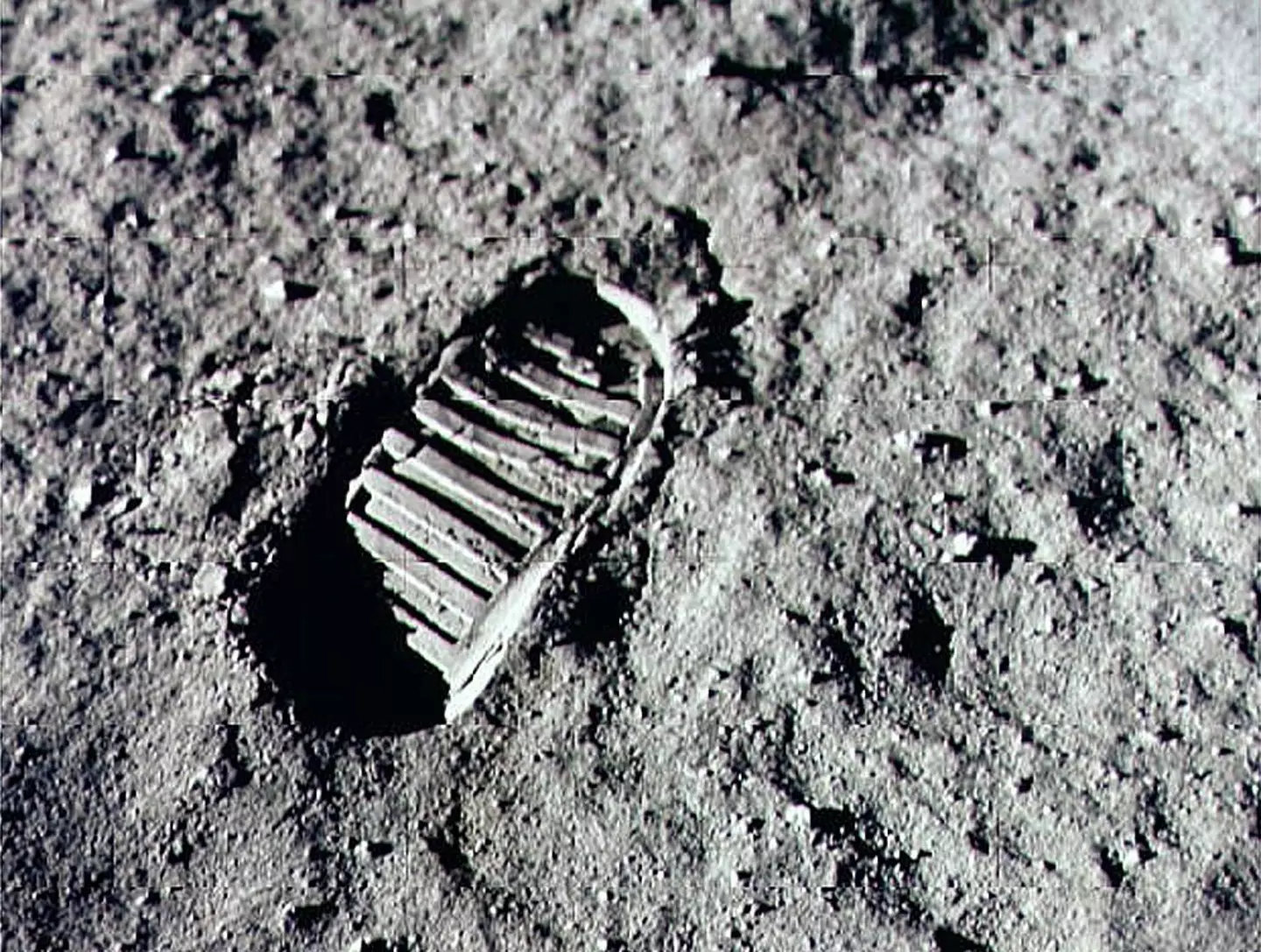
If it wasn't for gravity, life on Earth wouldn't be anything like today.
The water in oceans, rivers and lakes would disappear, leaving Earth with no water supply, not to mention that we probably wouldn't survive.
And in space, were it not for gravity, there would be no planets, stars or even galaxies.
Gravity is what causes all these objects to form in the first place and prevents them from falling apart.
Advert
Moreover, the strength of gravity depends on how big the objects are and how far apart they are. As we were taught in schools, gravity is an invisible force that keeps everything grounded: 'What goes up, must come down.'
But, did you know that it isn't the lack of gravity in space that makes astronauts float? In fact, it's the opposite.
.jpg)
On Earth, gravity pulls objects towards the ground at a speed of 9.8 m/s² - the number is based on Earth’s size and mass. The further away you get from Earth, the weaker its gravity becomes.
And as far out as the International Space Station (ISS) is, it still feels about 90% of Earth’s gravity.
According to Space.com, the ISS is actually located in the thermosphere, a layer of Earth’s atmosphere that begins around 56 miles (90 km) above the surface and stretches up to 310–620 miles (500–1,000 km).
Here, temperatures can get extremely high, but the air is very thin.
For context, the thermosphere sits above the mesosphere, where meteors burn up as they enter because Earth’s gravity pulls them in, causing intense friction with the atmosphere.
In a vacuum, though, things are a little different. All objects fall at the same velocity, something known as 'free fall.'

This is completely different to the classic feather and brick experiment if you remember from science days.
If a person drops a brick and a feather, air will make the feather fall more slowly. But if there was no air, they would fall at the same speed.
For those in space, as US space agency NASA puts it: "The spacecraft, its crew and any objects aboard are all falling toward but around Earth. Since they are all falling together, the crew and objects appear to float when compared with the spacecraft."
And, believe it or not, they happen to be moving forward at a pretty fast velocity, 17,500 miles per hour (over 28,000 km per hour) to be exact. This speed perfectly opposes the force of gravity that's pulling them towards Earth, allowing them to 'float.'
Isn’t science the best?